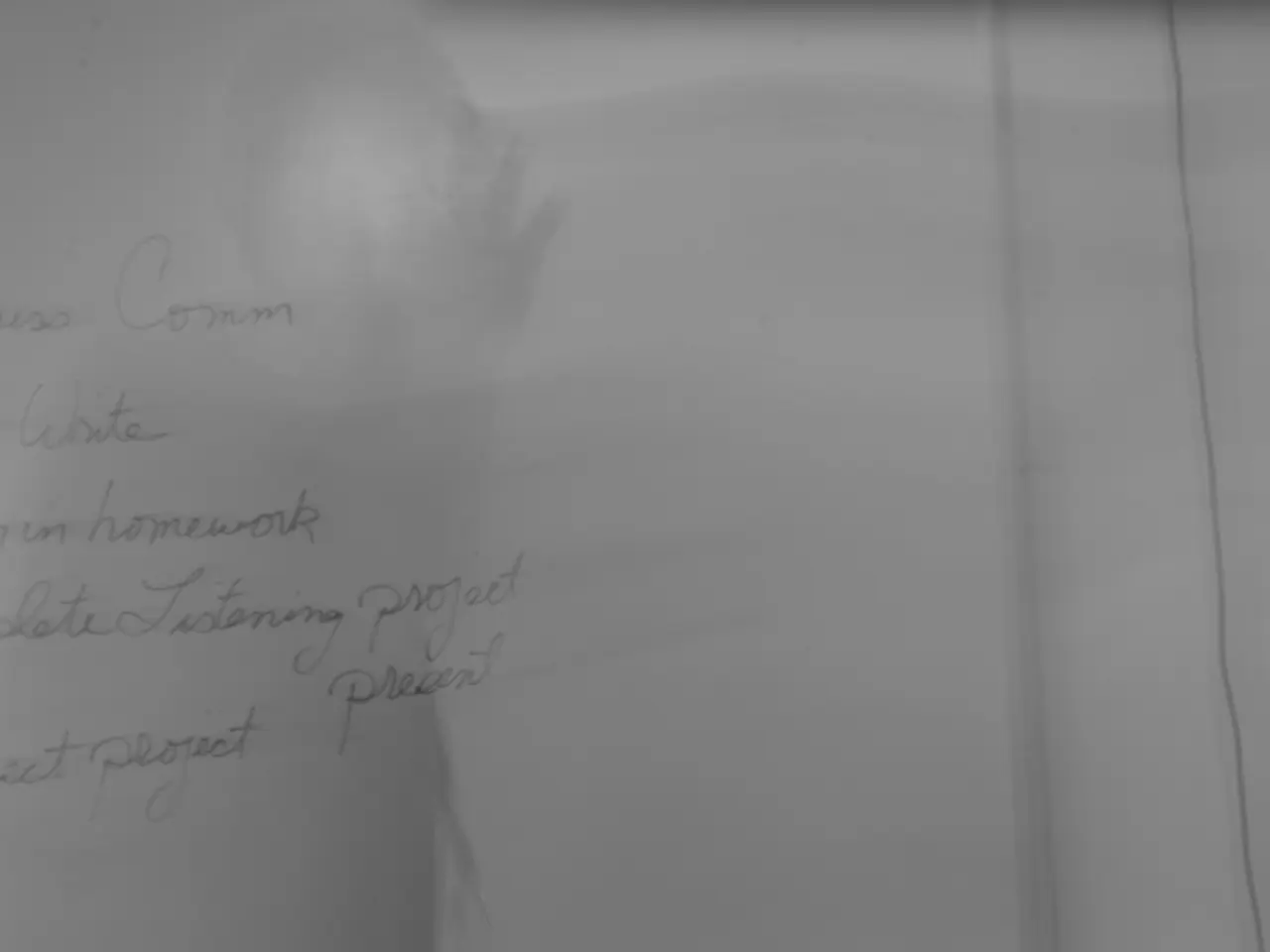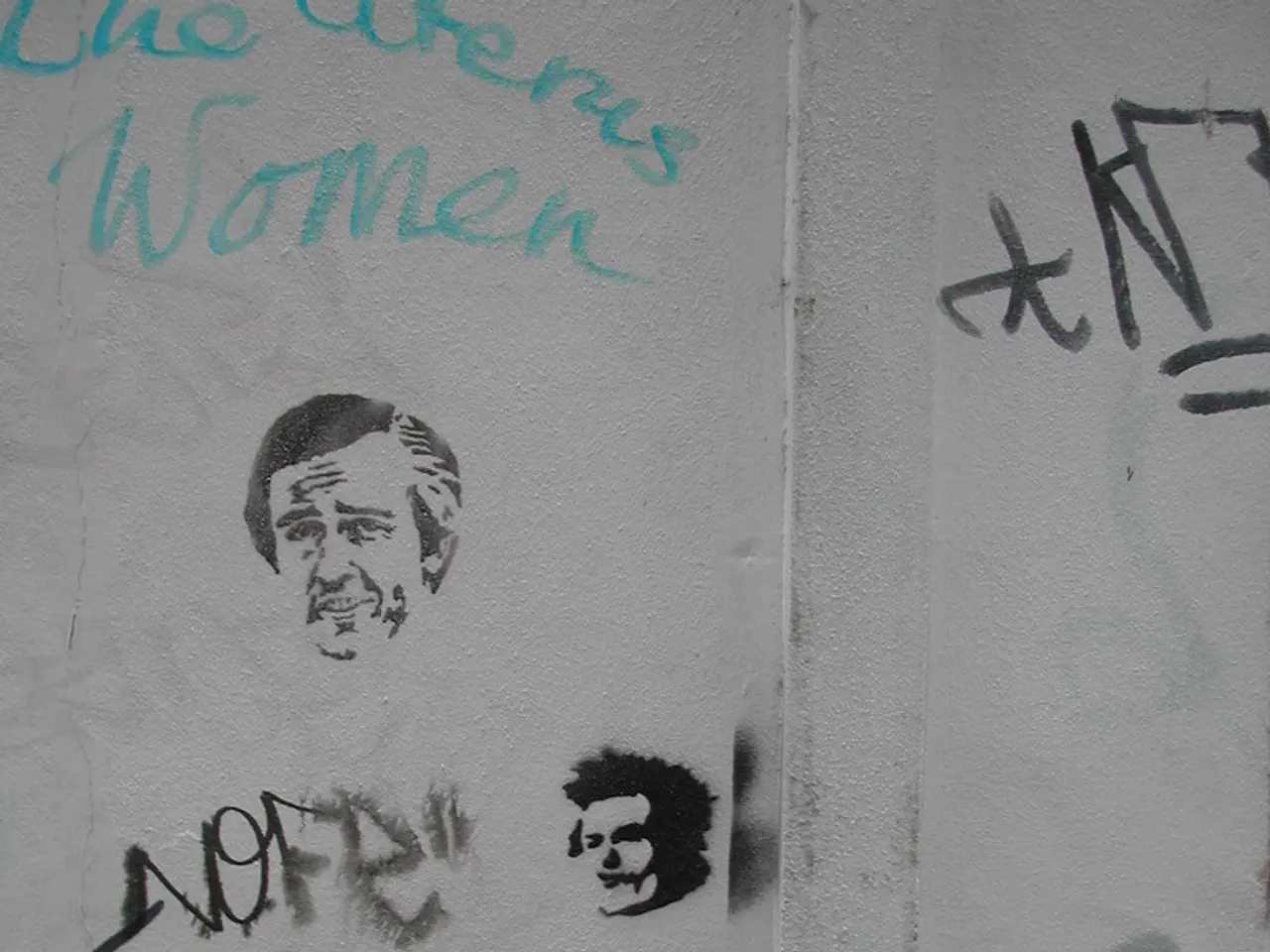Year 2025 marks the 160th anniversary of the United States Secret Service, an essential institution in the nation's security and law enforcement sector.
The United States Secret Service (USSS) has undergone significant expansion and evolution in its mission over time, shaped largely by historical events and emerging threats. Established in 1865 under the Department of the Treasury, the USSS's initial focus was on combating counterfeiting of U.S. currency, a major problem following the Civil War.
The agency's mission expanded significantly after the assassination of President William McKinley in 1901. In response, the Secret Service was entrusted with protecting the President of the United States, a role that has since become a core mission of the agency. Over time, the USSS’s protective duties extended beyond the President to include Vice Presidents, former presidents and their families, major presidential candidates, and visiting foreign dignitaries. This expansion reflects growing concerns about threats to national leadership.
During the 20th and 21st centuries, the Secret Service has further adapted its mission to confront emerging threats, including terrorism, cybercrime, and financial crimes that threaten the nation's economy and security. The agency now combines its protective responsibilities with a robust investigative mission against financial fraud, identity theft, cybercrime, and threats targeting the financial infrastructure.
Notable events in the USSS's history that have influenced its expansion include the assassination of President McKinley, which prompted the start of presidential protection. Assassination attempts and growing terrorism threats have increased the protective scope, while advances in technology and the rise of electronic crimes have expanded the investigative mission into cyber domains.
Today, the Secret Service stands among the Nation's most elite and storied law enforcement agencies. With more than 8,000 employees serving in over 150 offices across the country and abroad, the agency's watch extends to the White House, the Vice President's residence, National Special Security Events, and critical sites around the world. The Secret Service's motto, "Worthy of Trust and Confidence," underscores the agency's commitment to its mission.
In recent years, the Secret Service has faced challenges, including two attempts against the life of an unspecified President in 2024, which the Secret Service protected against. President Donald J. Trump proclaimed July 5, 2025, as the 160th Anniversary of the United States Secret Service, recognising the agency's long and storied history.
The USSS's mission has evolved from a narrow focus on currency counterfeiting to a dual role encompassing protection of national leaders and criminal investigations into advanced financial and cyber threats, reflecting historical exigencies and the changing nature of risks to U.S. security.
The United States Secret Service's (USSS) evolution in mission has been influenced by political events, such as the assassination of President William McKinley in 1901, which led to the agency taking on the responsibility of protecting the President. This expansion into politics marked a turning point in the USSS's history, shaping it into a multifaceted organization that also investigates policy-and-legislation related issues like cybercrimes and financial fraud.
As a result of advancing technology and the emergence of new threats, the USSS has further adapted its mission to include the investigation of cybercrimes and threats targeting the nation's financial infrastructure. This shift in focus can be seen as part of the general-news narrative of the 20th and 21st centuries, where the Secret Service has had to respond to evolving challenges to the national security and economy.







